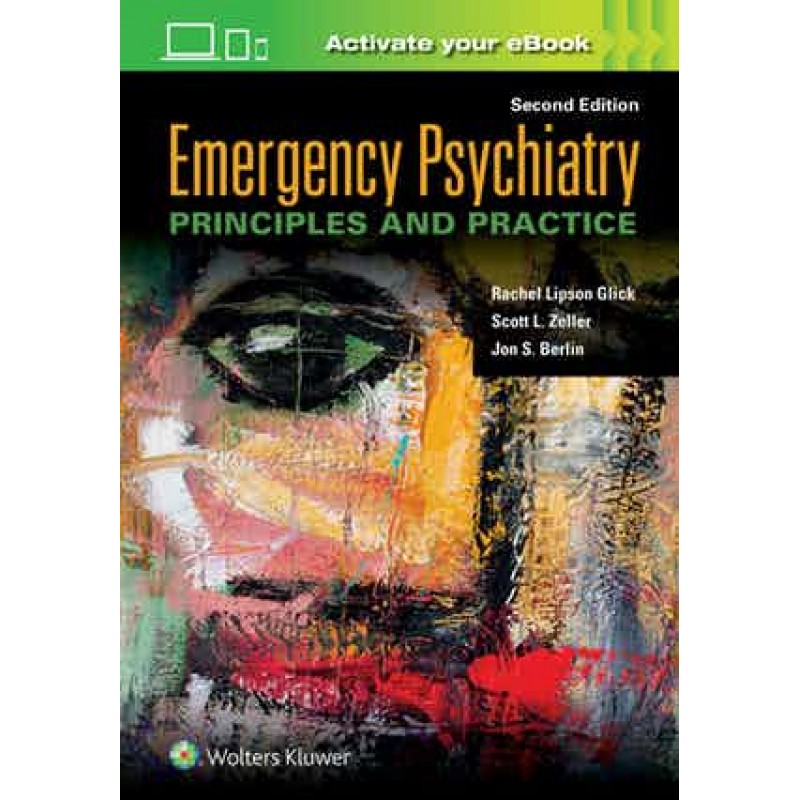Emergency Psychiatry: Principles and Practice 2nd edition
- ISBN: 9781975113681
- Εκδότης: Wolters Kluwer
- Σελίδες: 500
- Διαστάσεις: 177 x 254
- Έτος Έκδοσης: 2020
103,00€
Χωρίς ΦΠΑ: 97,17€



